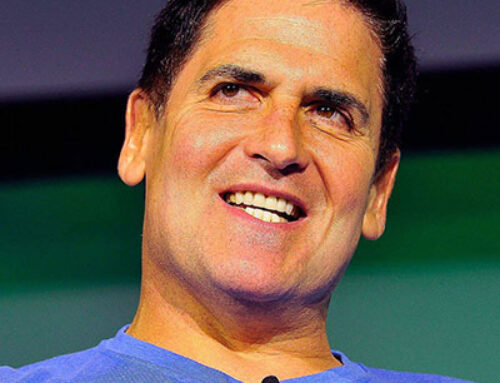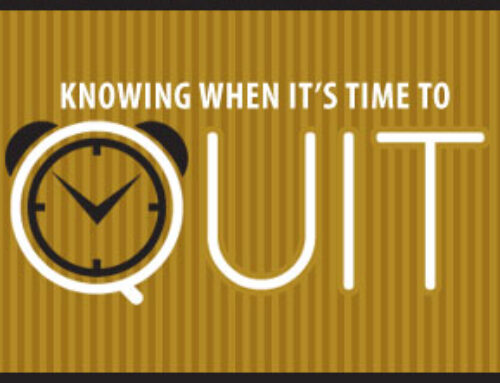Walking Really does Spark our Creativity
Visitors to Steve Jobs’s house in Palo Alto or to Apple’s corporate headquarters in Cupertino, California, were all too familiar with one habit that helped Jobs to clear his mind and develop novel ideas.
Jobs biographer Walter Isaacson didn’t know it when he first met the legendary Apple co-founder, but he soon learned that Jobs preferred to have serious conversations on long walks.
 Brent Schlender covered Steve Jobs for 25 years for Fortune and The Wall Street Journal. In Becoming Steve Jobs, Schlender recalled that Jobs would invite him to the house “for a walk” when he wanted to talk about a subject. Jobs and chief designer Jony Ive were often seen taking regular “brainstorming walks” around the Apple campus. Pixar employees told Schlender that Jobs “was always big on going for walks with people.”
Brent Schlender covered Steve Jobs for 25 years for Fortune and The Wall Street Journal. In Becoming Steve Jobs, Schlender recalled that Jobs would invite him to the house “for a walk” when he wanted to talk about a subject. Jobs and chief designer Jony Ive were often seen taking regular “brainstorming walks” around the Apple campus. Pixar employees told Schlender that Jobs “was always big on going for walks with people.”
A recent batch of neuroscience research proves that Jobs was on to something. Walking really does spark our creativity.
In The Net and the Butterfly: The Art and Practice of Breakthrough Thinking, authors Olivia Fox Cabana and Judah Pollack cite current studies that show breakthrough ideas occur when the brain switches modes–from the “executive network” to its “default network.” While the executive part of our brain is task and goal-focused, the default network–the “genius lounge”– meanders and brainstorms. The two work together. The executive network sets a goal or identifies a problem and moves on to perform other tasks while the default network comes up with creative solutions.
According to the research, taking a walk is the best way to trigger cooperation between the two modes and unleash your most creative ideas. “If we had to choose one single mindless activity for you to do, it would be walking,” Cabana and Pollack conclude.
According to a Stanford study, walking boosted a person’s creative output by 60 percent. The subjects were given “divergent thinking” tests, which measure creativity. They were asked to think of alternative uses for a particular object and they had four minutes to come up with their responses for each set of objects. Responses were “novel” if the other participants in the group had not thought of the idea.
The Stanford researchers measured the creativity of subjects while they walked and while they sat. The majority of participants were far more creative when they walked. Movement was the key. “The act of walking itself, and not the environment, was the main factor,” according to the Stanford research.
Florence Williams prefers to walk outside. The author of the new book The Nature Fix and a contributing editor to Outside magazine, she writes, “We benefit cognitively and psychology from having trees, bodies of water, and green spaces to look at.” Like The Net and the Butterfly, Williams cites research that shows our brains’ default network is the key to creativity. According to Williams, it’s the part of our brain that’s “free-ranging, day-dreaming, and mind-wandering.”
Our ancestors were on the move.
Neuroscientists who study attention say the results of walking studies aren’t surprising because our ancestors moved–a lot. According to University of Washington biologist John Medina, “from an evolutionary perspective, our brains developed while working out, walking as many as 12 miles a day. The brain still craves that experience.”
In a study for the American Journal of Human Biology, Yale researchers say that because our brains evolved while walking, it’s good for our health and good for our minds. “So move, and preferably often, since the need for activity seems to be built into our bones and hearts and being.”
Certainly, there are health benefits to being on the move. Lower blood pressure and the reduced risk of stroke seem to be the primary benefits of walking for exercise, according to the Harvard Medical School. The latest neuroscience confirms that walking really does have a creative benefit, too.
So consider getting up out of your chair and getting on the move. A breakthrough idea might be waiting in your brain’s genius lounge.
Thanks for your Wisdom Carmine Gallo




